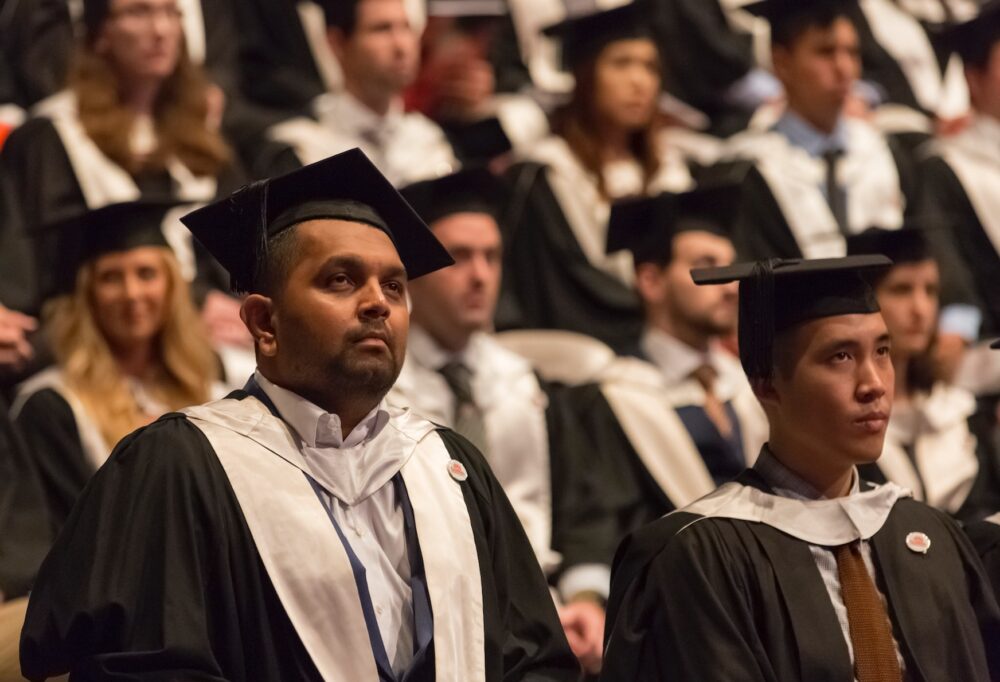There were always doubts about the practical side of things, such as the administrative and financial obstacles in his way.
And he certainly had his fair share of naysayers who said there was no way it could be achieved, but never once did Dinesh Palipana waver on his dream of becoming a doctor.
It was this determined vision, along with all the right credentials for a career in medicine, that led Dinesh to the point at which he is now – a fully-fledged doctor heading for his second year of internship with Gold Coast Health. It is no matter now that he is, in fact, a quadriplegic man who was left paralysed from the waist down following a car crash in 2010. That is not the issue.
Now, the naysayers have been proven wrong and the supporters are heralding Dr Dinesh Palipana as a trailblazer promoting equity and diversity, not only at Griffith’s School of Medicine, but to the wider community of people with disabilities who may be considering a whole range of different careers.
“Unfortunately we still have a long way to go in this country before we see a totally level playing field for people with disabilities, but things are slowing progressing”.
“The key message is that people need to be judged on merit and what they are capable of achieving, not what they’re not capable of achieving.”
That’s the message he’s aiming to convey through Doctors with Disabilities, the national organisation he has co-founded with Dr Harry Emman, a rehabilitation physician in Melbourne and the only other known quadriplegic to become a doctor in the world.
“The group aims to provide doctors with disabilities with a helping hand, changing attitudes and providing support and advice along the way.
“Guidance on disability policy is also a big area of concern for many in this group so we aim to give support with that,” Dr Palipana says.
Dr Palipana knows only too well about the resistance to a change in attitudes following his own long wait to become employed with Queensland Health. “I think I was pretty much the last person from my graduating cohort to hear that I had an intern position, so it was a nailbiting position to be in after the previous six years of recovery, rehab and study. The good thing was that I had a massive amount of supporters both personally and from the wider community, some due in part to the media pressure that was applied.
“I’m so grateful for all of that, as I think there’s still of lot of the ‘fear of the unknown’ mentality from people and it’s going to take a fair bit to change that to bring us into line with other countries like the US and the UK.”
For now, Dr Palipana says his career – which also includes medical research and public speaking – is ‘just amazing’ and ‘the best thing that has ever happened’.
“I love absolutely every day of the clinical rotations I am doing; the variety of work is great, with so much that I find intellectually challenging.
“Yes there are minor considerations such as reaching for a swab or getting through an odd doorway, but so what? I am talking to patients who are so desperately sick in the ICU who are still smiling! It’s all relative and I never compare myself to anyone – everyone just feels what they feel but, yes, my position does allow me a lot of empathy.”



